As a fan of Wear OS, I'm not afraid to admit that Tizen does some things better, and I want those features in the new wearable platform.
The new Wear OS 3.0 is inching closer and closer by the day, and saying that smartwatch fans on the Android side of things are excited would be an understatement. I have been using Wear OS since it was Android Wear but have dabbled in the world of Samsung's Tizen-based wearables along the way, as well. In my use of the two platforms and a variety of hardware, I have grown excited for Samsung to make a Wear OS watch and come up with a few things I hope that this new co-developed Wear OS 3.0 adopts from Tizen.
Features to adopt from Tizen: Back up and restore
If you have ever had the pleasure of buying a new phone or factory resetting your existing phone while using a Wear OS smartwatch, you know that it's no pleasure at all. This is because Wear OS doesn't back up any of your existing settings, apps, watch faces, or anything else. So the process of factory resetting or buying a new phone to use with your Wear OS watch means you have to set the watch up like it's all-new as well — Samsung's Tizen watches handle this situation much better.
When I got my Samsung Galaxy Z Fold 2, as excited as I was to start using it, that excitement was tempered when I realized I would have to reset and go through the setup process for my smartwatches too. While that dread was fully realized with my existing Wear OS devices, my Galaxy Watch Active 2 could be fully restored through the Galaxy Wearable app in a matter of minutes.
Though you still have to reset Tizen smartwatches, using the companion app on the phone to restore a previous backup is so much easier. These back-ups can get your watch back to the state you had it almost exactly before the reset. This also works when you purchase a new watch. You can use the backup from your old device to set up the new one. Wear OS has to adopt this feature.
Features to adopt from Tizen: Better app discovery
When comparing existing Tizen and Wear OS, one area that Wear OS trounces Tizen is in the number of apps for the wearable platform. However, for as many apps as are available, finding those apps on Google Play is a complete pain compared to the Galaxy Store.
Both platforms offer access to the full app store from your wrist, and while that's great, browsing for apps on a tiny screen isn't. Being able to search or explore available apps on your phone easily is a much more enjoyable experience. The Google Play Store is rolling out an update that lets you install a Wear OS app to your watch directly from your phone if that app has a wearable companion app. Still, there isn't currently a clear-cut Wear OS app storefront on smartphones that actually lets you install directly to your watch.
The Galaxy Wearable app makes managing not only your Tizen smartwatch settings but finding and installing apps and watch faces simple by tying directly into the Galaxy Store. Having an easy way to discover apps for smartwatches should add some encouragement for developers to create apps. Though it didn't pan out that way for its Tizen-based smartwatches, hopefully for the upcoming Samsung Galaxy Watch 4 running Wear OS 3.0 — it will.
Features to adopt from Tizen: Visuals
Multiple factors allowed Samsung watches to tap top spots in best Android smartwatches, and one of those reasons is the visuals. Tizen looks great — from the animations to the way notifications look to its fluid UI and layout — and Wear OS 3.0 could use some of its flair.
Wear OS has long had more of a utilitarian look to its visuals, though much of this can be attributed to how current Material Design on Android looks. However, when there isn't the same screen surface area on a watch as there is on a phone screen, very few of the visual cues of Material Design are seen. This isn't to say that it can't work on a watch screen, but Google didn't seem to care enough to try.
We've already started to see some of these changes to the UI show up in the Play Store on Wear OS and ways that Samsung is going to implement its visual cues in One UI Watch. I would love to see all Wear OS 3.0 devices adopt the changes we are starting to get hints of, along with Tizen's imagery in its notifications. With the overhaul that Android 12 is bringing to phones, I hope that smartwatches get much of the same.
Features to adopt from Tizen: Speed
Something that Samsung's Tizen-based smartwatches have never lacked in operation was speed. This has long been a feather in Galaxy Watch users' caps compared to Wear OS devices. It wasn't until watches like the TicWatch Pro 3 and TicWatch E3 came along running the Snapdragon 4100 processor that we got the chance to feel what it's like to use a Wear OS watch that could be used without a stutter.
The visuals that I mentioned in the above section are stunning due to the speed at which Tizen runs. Perhaps this is why Wear OS doesn't have the fun animations and other graphical elements that Tizen does. Because when you have stuttering with animations, it looks terrible and is even worse of an experience.
Part of the performance that Tizen enjoyed was in large part to the processors that ran it. Samsung opted to use its own Exynos chips rather than use the slower, less powerful Qualcomm options. That choice led to devices that could last longer between charges and an operating system that flew. Please, Wear OS 3.0, be snappy like Tizen.
Features to adopt from Tizen: Advanced health tracking
One of the big selling points for smartwatches is the health tracking features. From the basics of step tracking and heart rate monitoring to tracking blood oxygen levels and distance traveled, there are lots of ways to use these devices to support your health goals. But one thing that Wear OS lacks is more advanced features native to the platform like sleep tracking and ECG readings.
Sleep tracking can be found on some Wear OS devices like the TicWatch E3 thanks to Mobvoi building it into its software layer. However, options like ECG won't be found on any existing Wear OS watches. Samsung began offering this feature on the Galaxy Watch 3 and Galaxy Watch Active 2, and fitness trackers like the Fitbit Sense also support it. Hopefully, with Fitbit being part of Google, we will get some of that expertise along with Samsung's knowledge into Wear OS 3.0.
While some people may not care to have health monitoring features like this in their smartwatch, others want and need these types of options. Wear OS 3.0 needs to adopt advanced health tracking features to keep up with what Apple offers with its smartwatch. So far, it looks like the upcoming watch from Samsung is going to go beyond only ECG to add a BIA sensor to the Galaxy Watch 4, and innovation like that is what Wear OS desperately needs.
Though I have made it know about my concern that Wear OS 3.0 will be too closely associated with Samsung, it's very clear that the new wearable platform really needs to borrow some features from Samsung's Tizen. I want as many choices for Wear OS users in the new operating system era from existing manufacturers to newcomers like a Google Pixel Watch to keep pushing each other in the smartwatch arena. Because being able to take the best of what Wear OS and Tizen have to offer and smush them together so Android users can have a genuine Apple Watch competitor is a great thing.

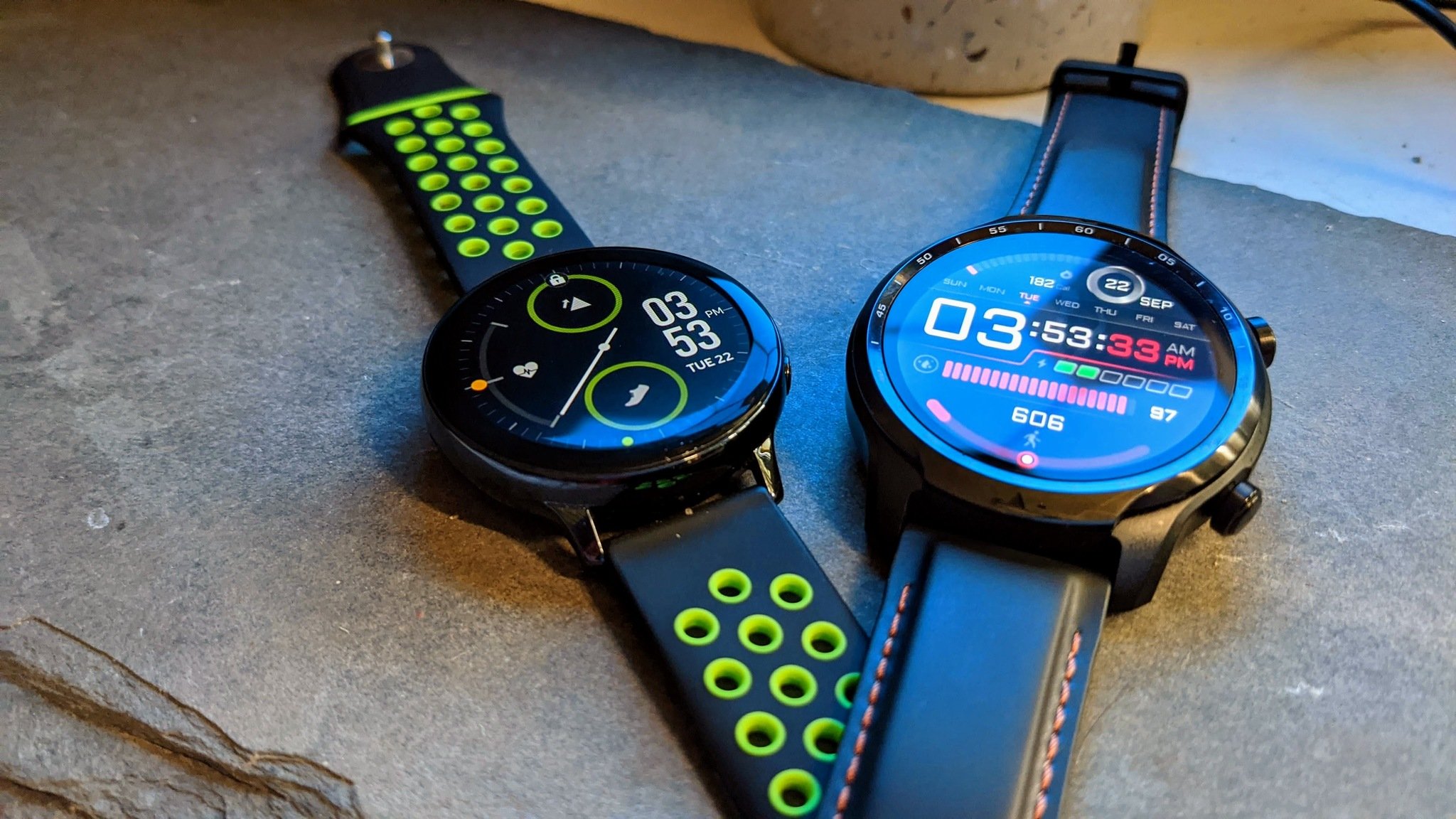
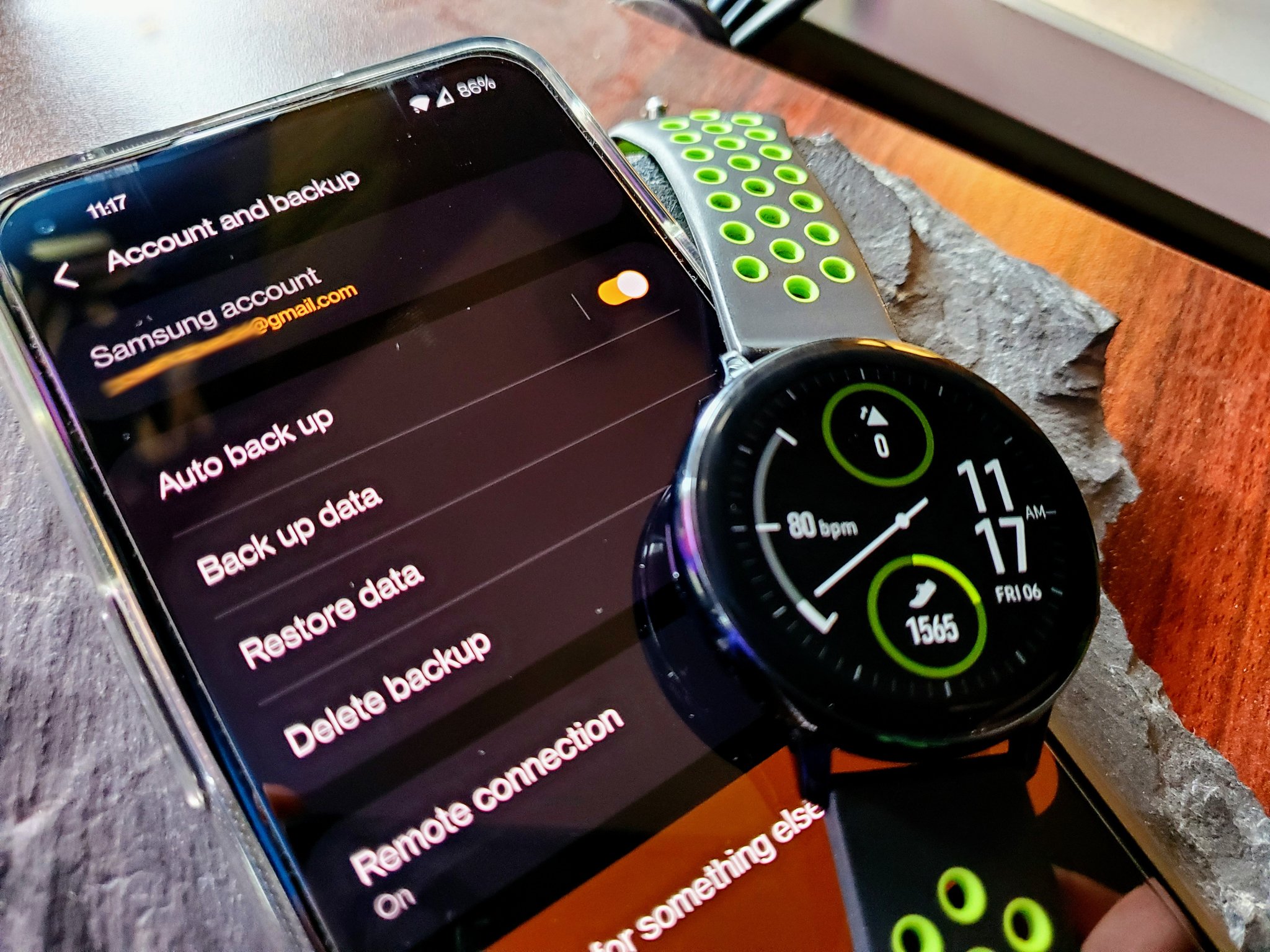

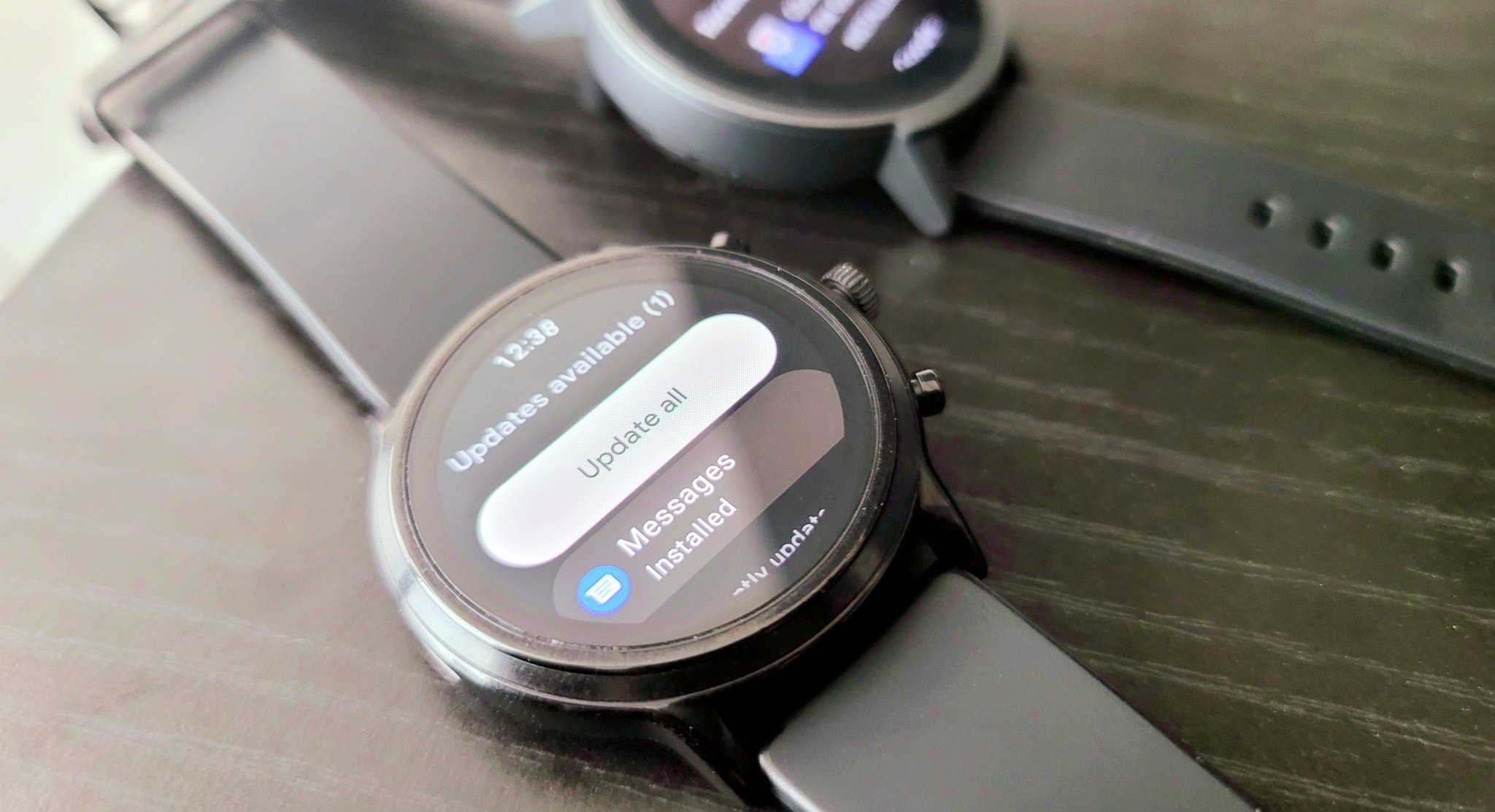
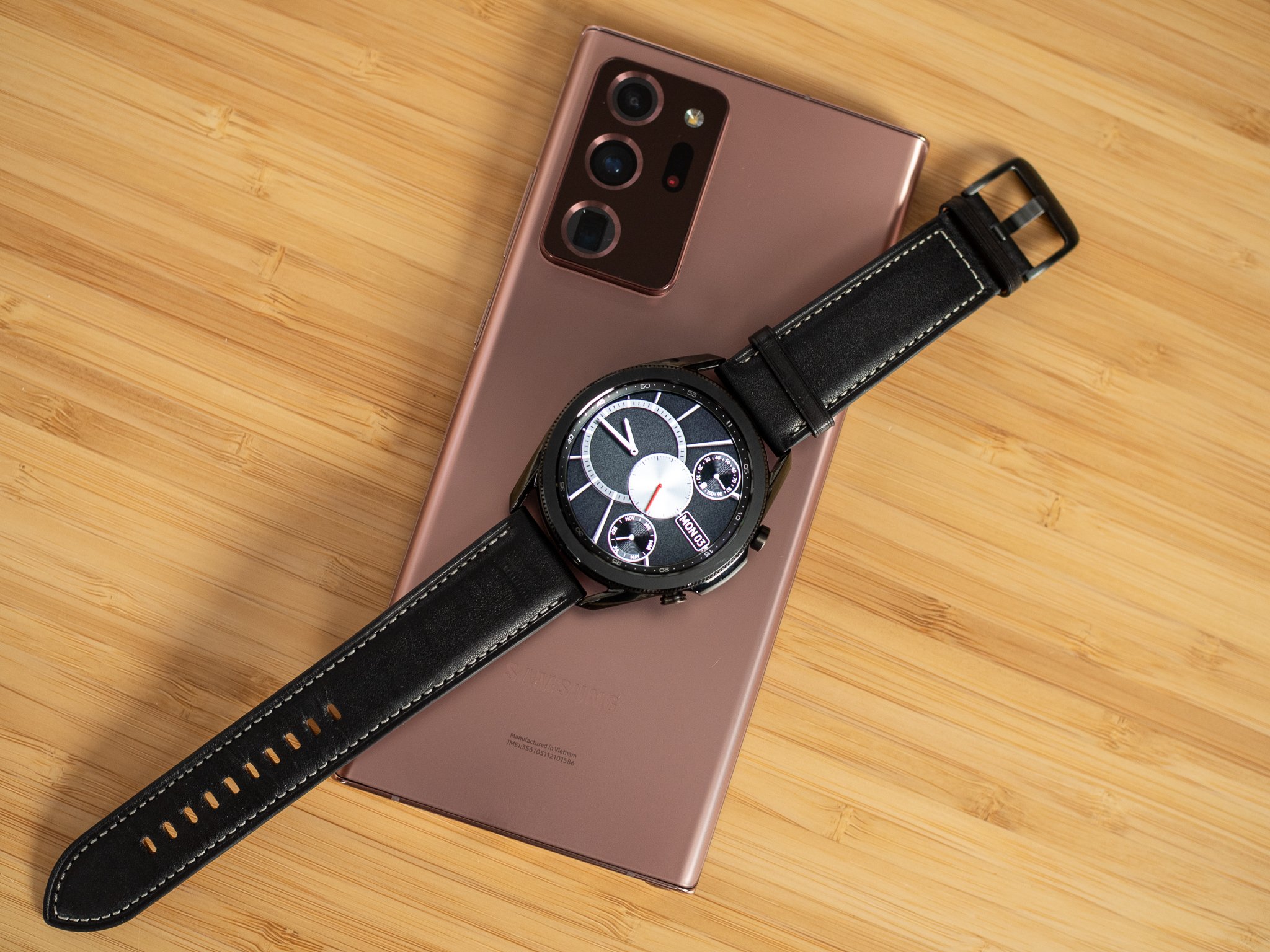
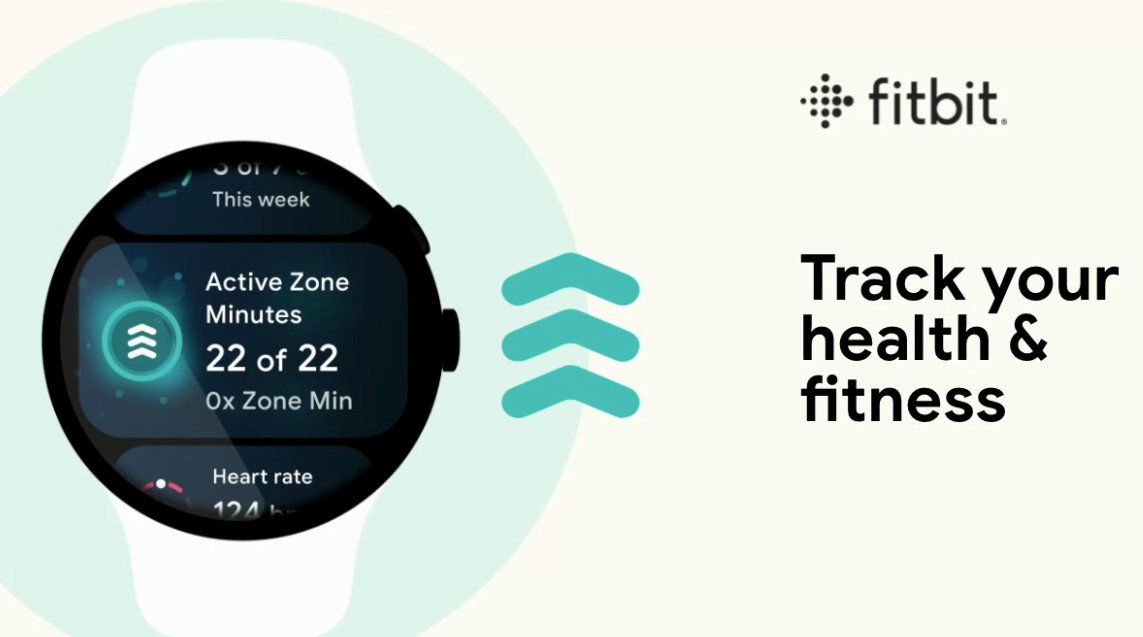
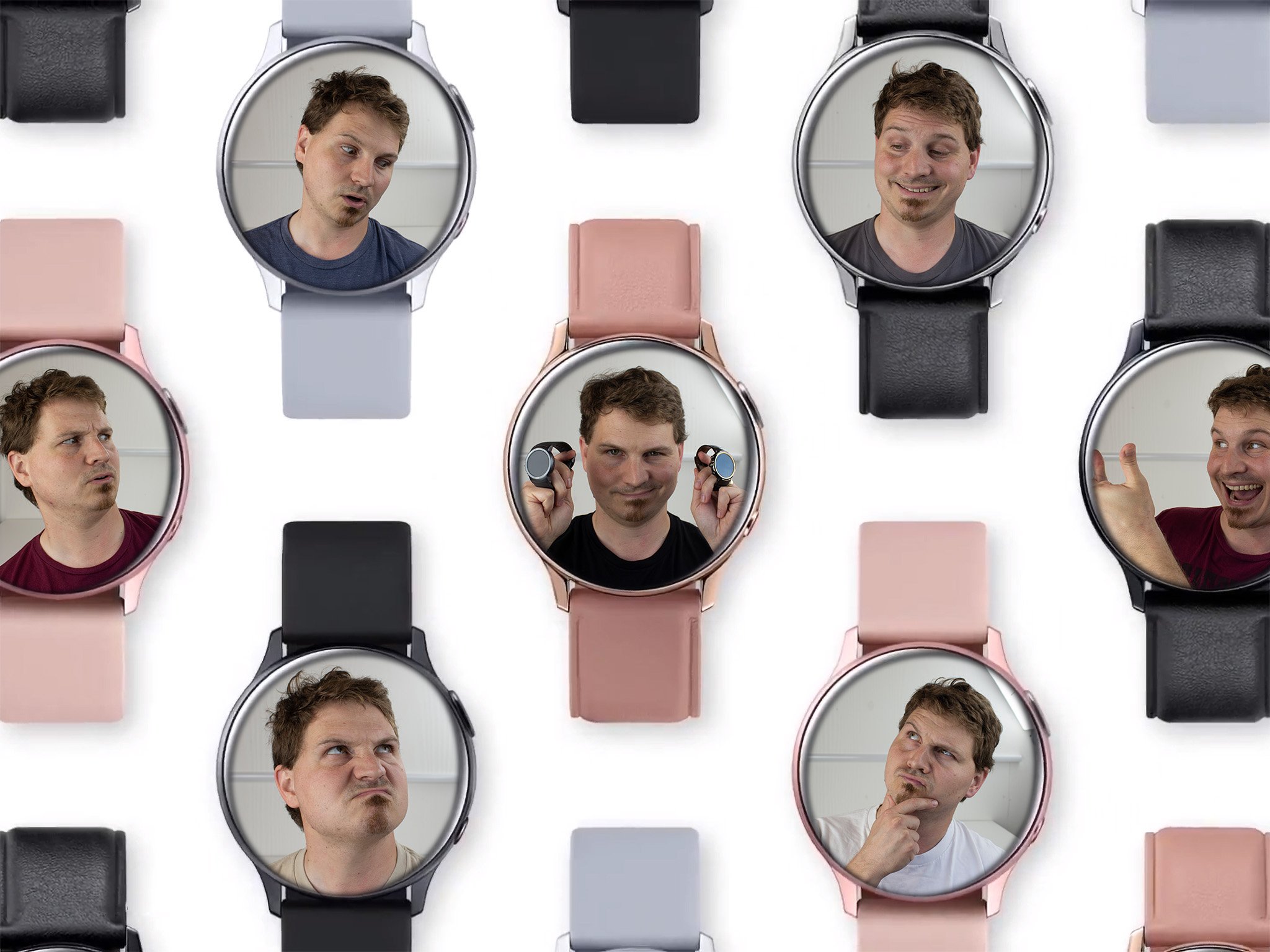
Post a Comment